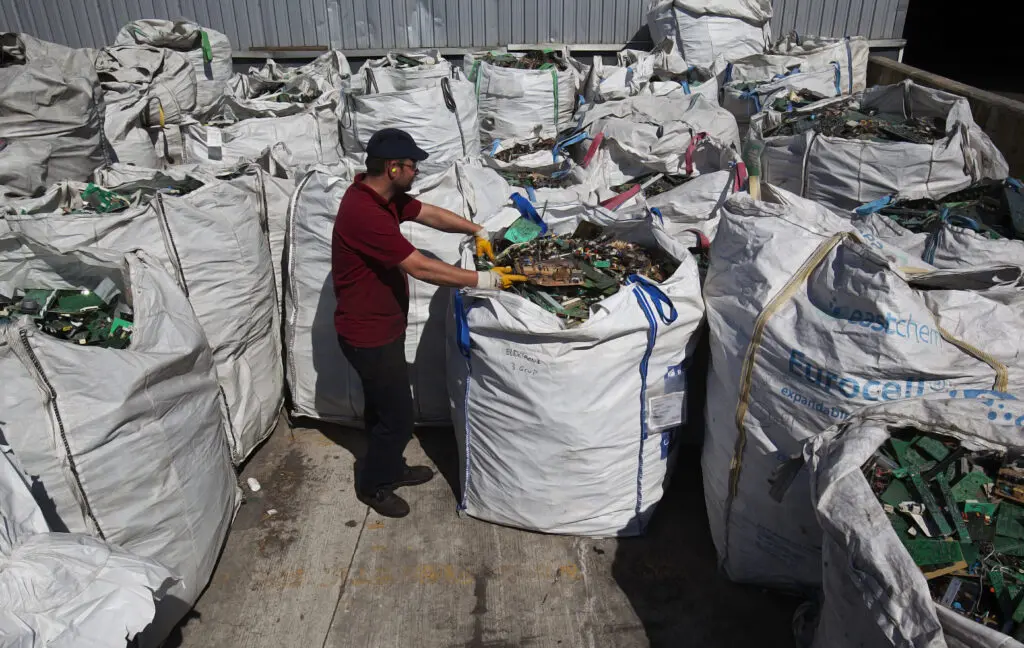The Bureau of International Recycling (BIR) is calling on policymakers to consider other policies to increase circularity ahead of extended producer responsibility (EPR) schemes.
BIR is worried that EPR schemes will disrupt existing efficient markets and should only be introduced as an absolute necessity. It argues that recyclers should be involved in any governance arrangements to ensure an appropriate balance of interests among the most relevant stakeholders in the value chain.
The stance from the global federation of recycling industries comes in its first position paper on EPR, a month after the initiative was promised at its convention in Abu Dhabi.
Other measures
BIR says other policies to increase circularity ahead of EPR include legally binding recycled content targets and making design for recycling mandatory. Such measures can increase demand for recycled materials and level the playing field with extracted raw materials, it argues.
It also says ownership of waste should be retained by the recycling company. Transparent and fair tenders are essential to comply with competition rules. Ultimately, it concludes, an EPR scheme should be temporary in nature until the market for relevant product matures.
‘BIR supports policy instruments to increase circularity but it is imperative that EPR schemes must not disrupt existing efficient markets,’ said BIR president Susie Burrage.
‘They should be set up only when there is a need and only once the effectiveness and the intrinsic value of a material stream have been assessed.’
BIR director general Arnaud Brunet is offering to engage with policymakers and authorities in their efforts to increase recycling rates and circularity.
‘We believe that a well-designed EPR scheme, when necessary and combined with other policy instruments, can play a role in achieving a more circular economy.’
Don't hesitate to contact us to share your input and ideas. Subscribe to the magazine or (free) newsletter.



